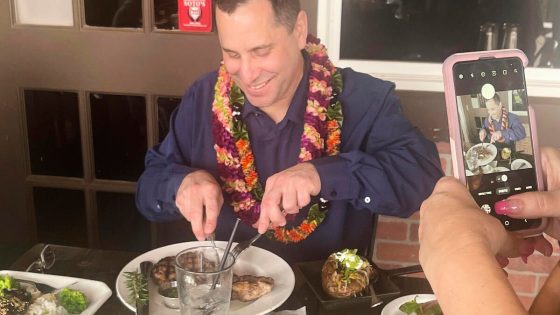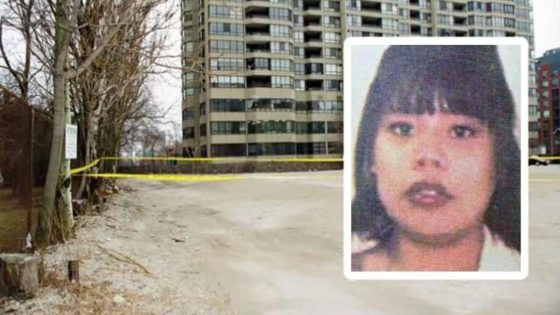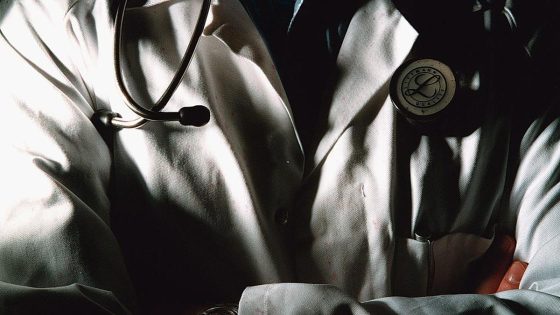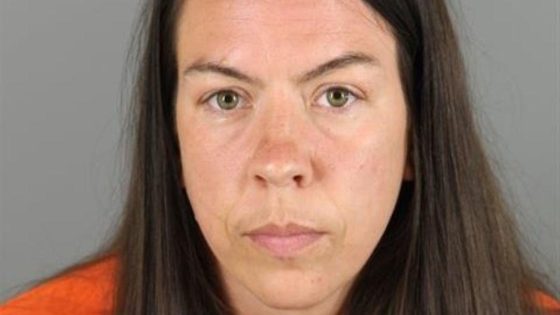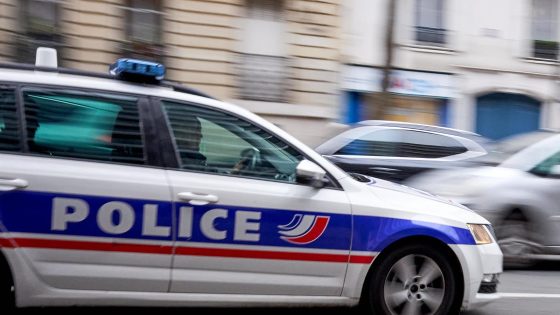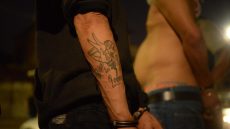A poignant moment unfolded in a Maui courtroom as Gordon Cordeiro, 51, declared his release from prison on what he called “Freedom Friday.” After spending 30 years behind bars for a crime he maintained he did not commit, Cordeiro’s perseverance and the relentless efforts of the Hawaii Innocence Project converged in a dramatic courtroom scene. A judge ordered his release on November 3, 2023, due to new DNA evidence that could potentially overturn his convictions related to the 1994 murder of Timothy Blaisdell.
- Hawaii man declared innocent after 30 years
- New DNA evidence leads to court ruling
- Cordeiro's first trial ended in hung jury
- Prosecuting attorney plans to appeal ruling
- Innocence Project cited prosecutorial misconduct
- Cordeiro thanks supporters after release
The day began at the Maui Community Correctional Center where Cordeiro, his heart racing with emotion, awaited the judge’s decision. When Judge Kirstin Hamman announced, “And the judgment and sentence is vacated and the defendant is ordered to be released from custody,” gasps filled the courtroom. The impact was immediate; a Zoom feed broadcasting the hearing abruptly shut off, underscoring the gravity of the moment for all those present.
Cordeiro’s legal troubles began in the aftermath of Blaisdell’s death during a drug deal gone wrong on Maui. The case centered around the robbery of $800 and the associated violence that occurred on Skid Row. Initially, the jury was deadlocked in Cordeiro’s first trial, yet a subsequent trial resulted in his conviction for murder, robbery, and attempted murder. He was sentenced to life in prison without the possibility of parole, despite having a solid alibi supported by family witnesses.
Over the years, Cordeiro’s case was revisited by the Hawaii Innocence Project, which unearthed a plethora of new evidence and discrepancies surrounding his original conviction. Kenneth Lawson, co-director of the project, noted the emotional weight of the day: “He cried, we all cried,” he said, reflecting on Cordeiro’s journey through two trials that tested his faith in the judicial system. Lawson emphasized that Cordeiro’s wrongful conviction stemmed, in part, from unreliable testimonies provided by incentivized jailhouse informants—a significant factor in the prosecution’s case against him.
While the judge ruled that the new DNA findings and details regarding gunshot residue would likely alter the outcome of any future proceedings, she rejected claims of prosecutorial misconduct and stated there was insufficient evidence to prove the state had intentionally used false testimonies. This left Maui County Prosecuting Attorney Andrew Martin disheartened, stating, “None of the judge’s findings exonerate him in any way.” His office plans to appeal the decision, highlighting concerns that Cordeiro may pose a flight risk due to the severity of the original charges.
The legal case against Cordeiro was marred by complications and revelations over the decades, including the shifting narrative of Michael Freitas, the man who was with Blaisdell the night he died. Freitas, whose own changing statements ultimately implicated Cordeiro, passed away in 2020, leaving lingering questions about the dynamics of that fateful drug deal. According to Cordeiro’s legal team, crucial modern DNA testing unequivocally excluded him from involvement in the crime scene.
Emerging from the courthouse, Cordeiro took a moment to express gratitude, stating, “I’d like to go see my mom. Would be nice.” He recognized the support from his advocates and even thanked the judge, reflecting on the bittersweet journey of reclaiming his life after decades of wrongful imprisonment.
As the dust settles on this latest ruling, the future remains uncertain. Cordeiro’s family and supporters hope that this newfound freedom heralds complete exoneration, while the prosecutorial office prepares to challenge the decision in court yet again. What is clear, however, is that Cordeiro’s story shines a glaring light on the profound implications of wrongful convictions, the malleability of justice, and the relentless pursuit of truth that shapes the human experience.



